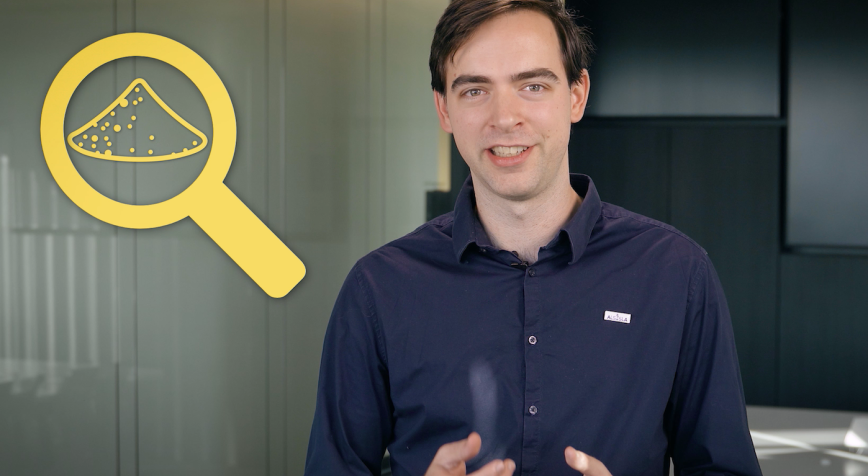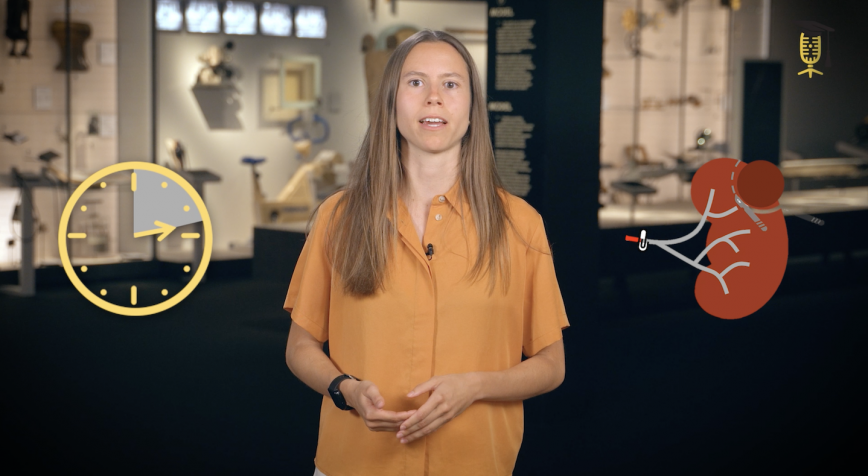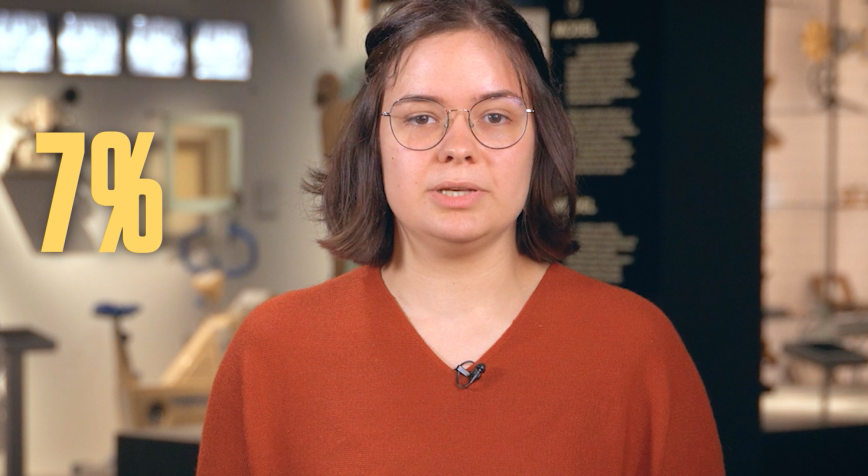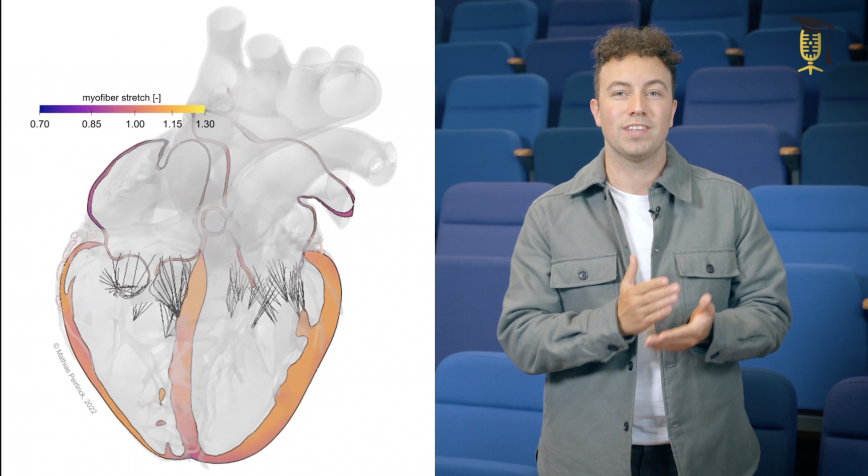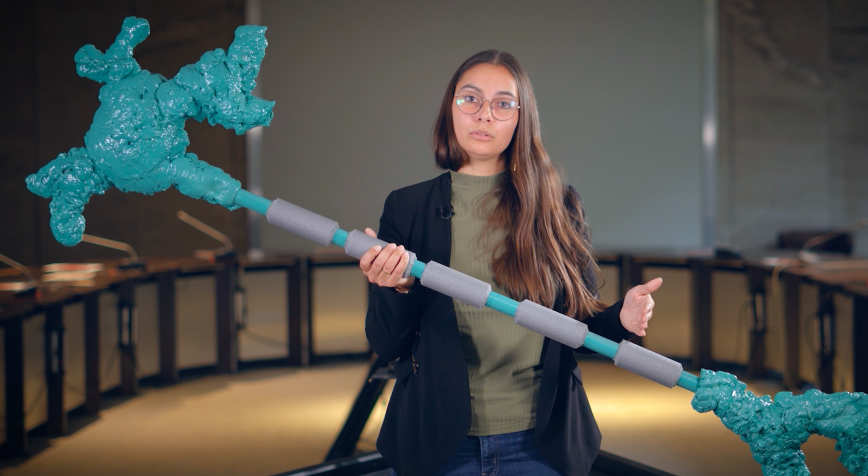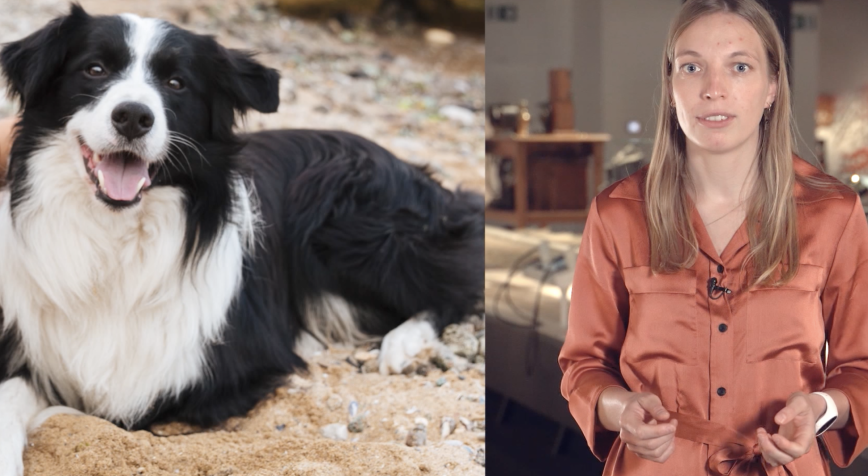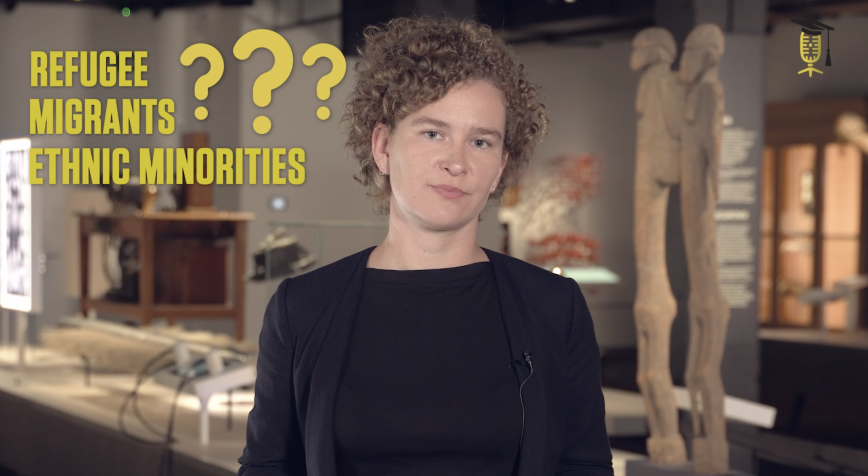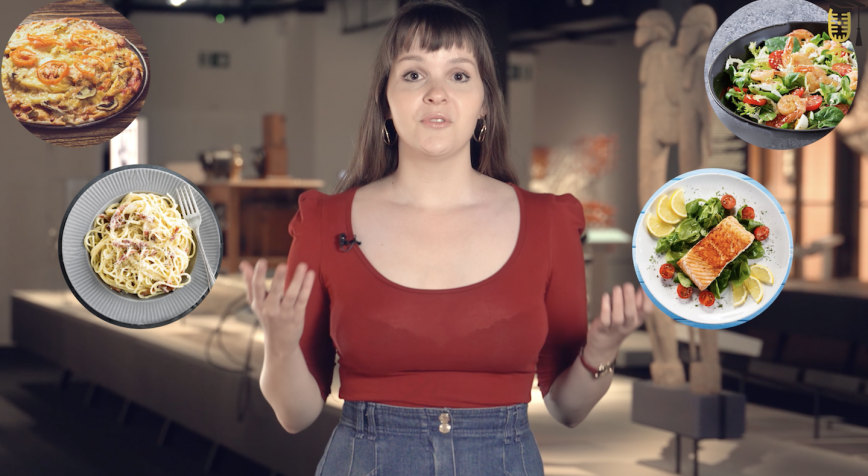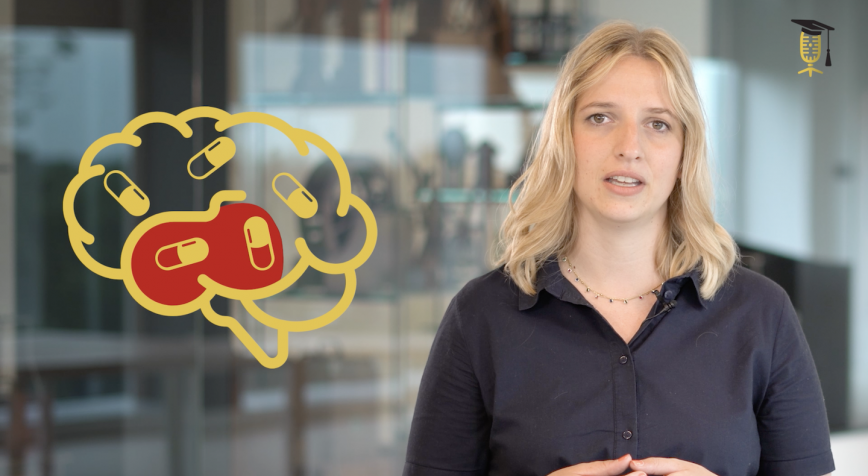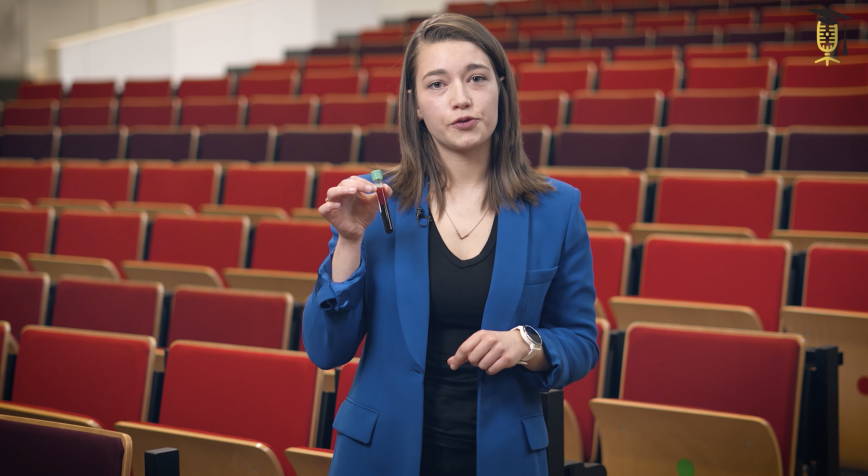
UHasselt
Spinal cord injury and ageing of your immune system
A stupid accident, cancer, or a hernia - it can all cause a spinal cord injury in which certain parts of your body are then paralysed. But there is also a hidden effect - an effect in the blood, explains Naomi Veeningen (UHasselt) 🩸

